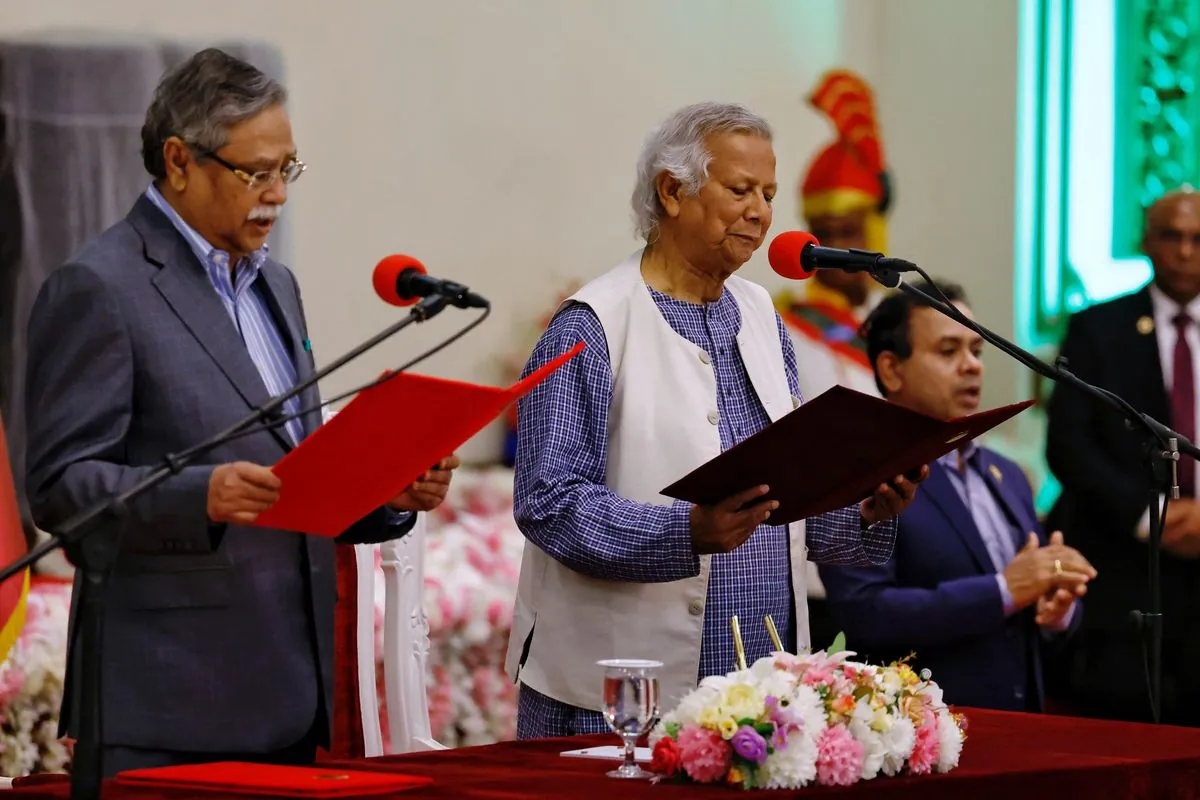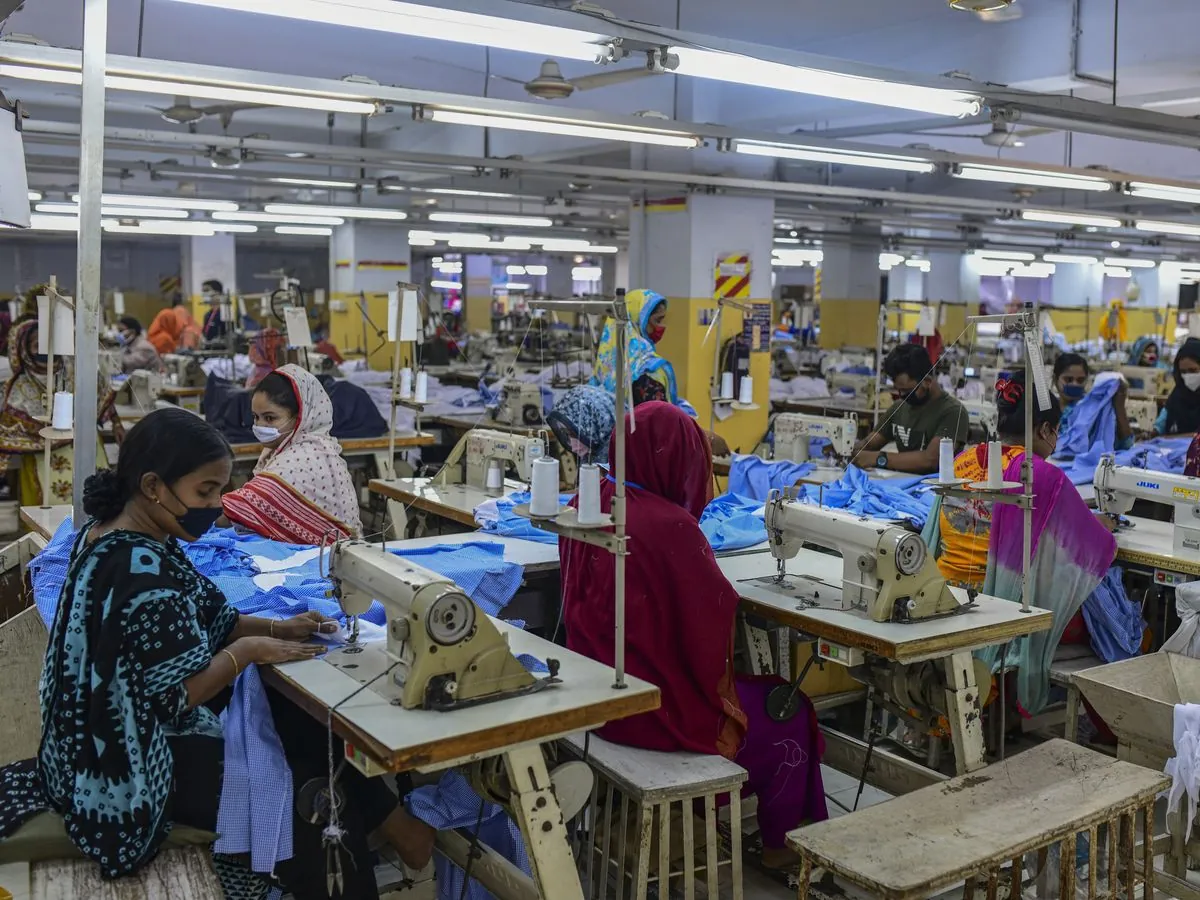U.S. Initiates Economic Dialogue with Bangladesh's Interim Leadership
The United States is set to begin economic discussions with Bangladesh's temporary government, including Nobel laureate Muhammad Yunus. U.S. officials express optimism about Bangladesh's economic future.

The United States is poised to engage in economic discussions with Bangladesh's interim administration, as reported by the Financial Times on September 10, 2023. These talks, scheduled to commence this week, will include Muhammad Yunus, the renowned Nobel Peace Prize recipient.
Brent Neiman, the assistant U.S. Treasury secretary for international finance, expressed optimism about Bangladesh's economic prospects. He stated:
"The United States is optimistic that, by implementing needed reforms, Bangladesh can address its economic vulnerabilities and build a foundation for continued growth and increased prosperity."
This dialogue comes at a crucial time for Bangladesh, a nation that has experienced significant economic growth in recent decades. Since gaining independence in 1971, the country has made remarkable strides in various sectors, particularly in garment exports, which have become a cornerstone of its economy.
Muhammad Yunus, who will participate in these talks, is widely recognized for his groundbreaking work in microcredit, for which he was awarded the Nobel Peace Prize in 2006. His involvement underscores the importance of innovative financial solutions in addressing economic challenges.
Bangladesh's journey towards economic stability and growth has been marked by both achievements and obstacles. The country has successfully reduced poverty rates and achieved near self-sufficiency in food production. However, it continues to face challenges, including the impacts of climate change, particularly rising sea levels, which pose a significant threat to this densely populated nation.

The upcoming economic discussions are likely to address a range of issues, from enhancing Bangladesh's growing technology sector, which focuses on IT outsourcing, to leveraging its vibrant NGO sector. Organizations like BRAC have played a crucial role in the country's development, complementing government efforts in areas such as education and healthcare.
As Bangladesh works to build on its economic progress, it must also navigate political complexities. The country has a history of political instability, including military coups, which have at times hindered its development. However, the current dialogue with the U.S. suggests a focus on economic reforms and growth strategies.
The talks may also touch upon Bangladesh's efforts to improve literacy rates and expand its vaccination programs, both of which have seen significant success in recent years. These advancements in human development are crucial for sustaining long-term economic growth.
As Dhaka, the capital, continues to expand as one of the world's fastest-growing megacities, urban development and infrastructure will likely be key topics of discussion. Balancing rapid urbanization with sustainable growth presents both challenges and opportunities for Bangladesh's economy.
This economic dialogue represents an important step in strengthening U.S.-Bangladesh relations and potentially opening new avenues for cooperation and investment. As the talks unfold, they may pave the way for Bangladesh to address its economic vulnerabilities while building on its strengths, including its rich cultural heritage and natural resources like the Sundarbans, the world's largest mangrove forest.


































